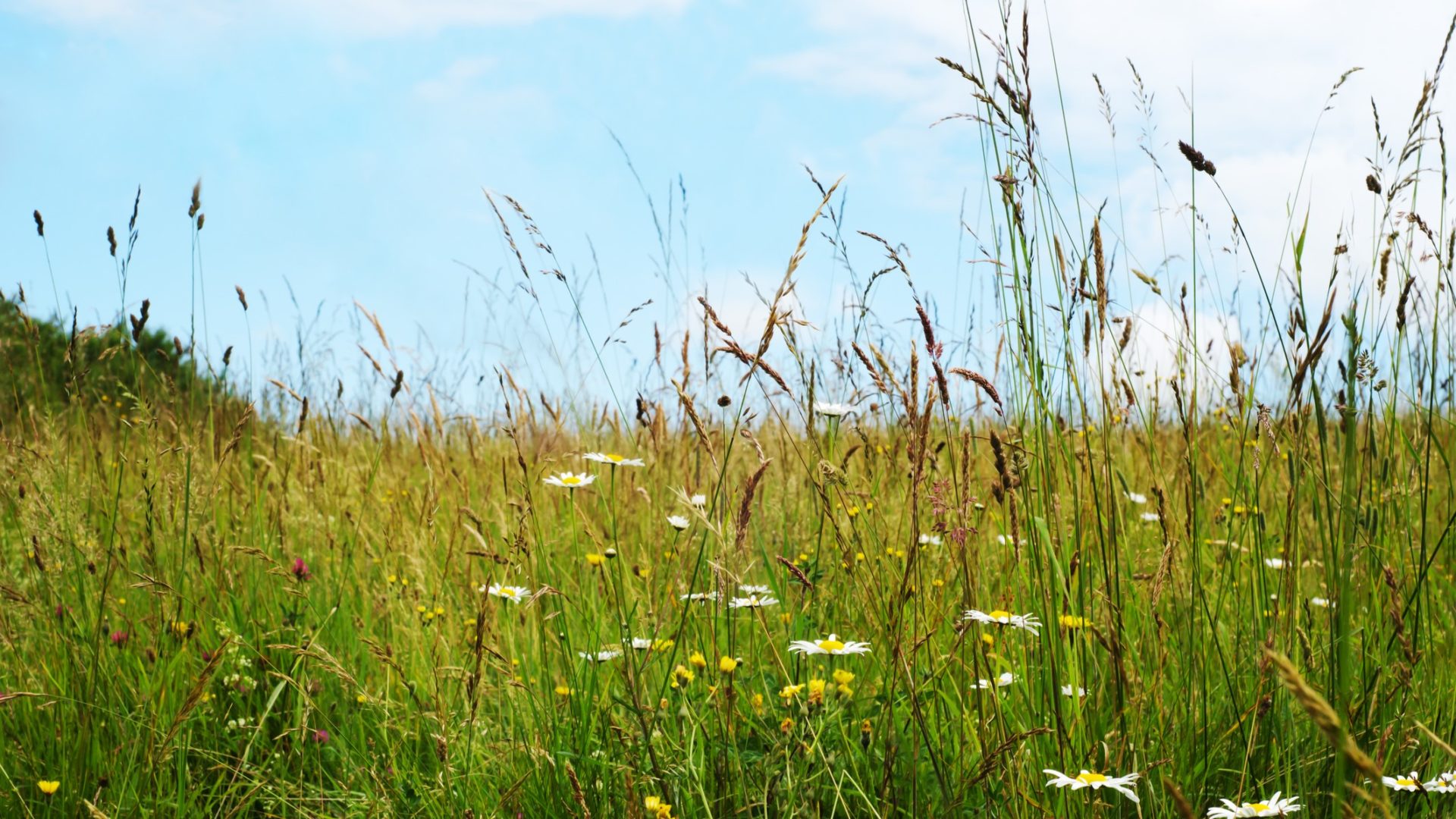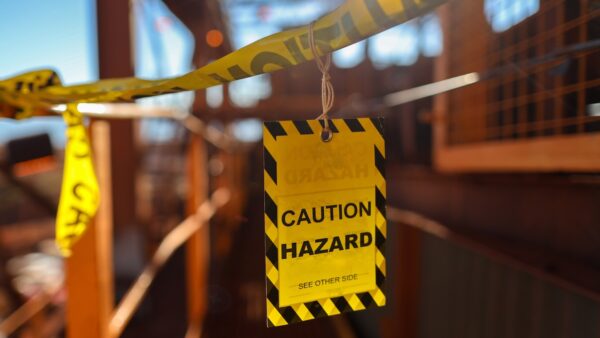
New rules on biodiversity net gain (BNG) come into effect today after a three-month delay, with warnings that this has caused uncertainty in the built environment sector.
Introduced in the Environment Act 2021, the BNG rules were due to come into effect in November 2023, before the government postponed the legislation until February 2024.
They require new housing, commercial and infrastructure developments to be ‘nature positive’. This means developers in England must now deliver 10% BNG, for example by creating new habitats and green spaces, on residential projects with 10 or more dwellings, or where the site area is 0.5 ha or more.
Amanda Williams, head of environmental sustainability at CIOB, welcomed the new legislation, but said the delay in implementation had left construction unprepared.
“This legislation has been a long time coming, after a number of delays,” she said. “Those delays and lack of a clear timeline have left many in the built environment sector feeling underprepared to successfully deliver biodiversity net gain.
“It will take time for our industry to adapt to the complex new legislation and understanding will need to be shown by regulators, particularly while there continues to be a shortage of experts such as ecologists to factor biodiversity net gain into project plans, deliver it and monitor success.
Green skills needed
“CIOB has long called for a green skills strategy to address this and other skills shortages in areas such as retrofitting. Without this, or another way to recruit, train and retain these specialists, biodiversity net gain, along with net zero, will not be achieved.”
Williams added: “The role communities can play in delivering biodiversity net gain is being overlooked and I’d urge project teams to involve them and draw on their knowledge and experience of local habitats and wildlife, which can prove invaluable. According to the 2023 State of Nature report, the UK is one of the most nature-depleted countries on earth and there’s a responsibility on us all to work together to turn that around.
“Looking ahead, the current biodiversity net gain legislation does not address construction’s full impact on nature as it excludes the production and processing of construction materials, such as timber, sand, and minerals including gravel, iron ore and rocks, and how they affect biodiversity.
“The embodied biodiversity impacts of a project– i.e. the impacts on biodiversity resulting from the processes that take place throughout a material’s lifecycle, from extraction to end-of-life disposal – are not covered by the current rules and this is something that in time will need to be addressed.”
Climate emergency
Institution of Civil Engineers president, Professor Anusha Shah, said: “We are in a climate and nature emergency, and we can’t address it by doing what we have done in the past – we need new ways of working and thinking.
“While the biodiversity net gain legislation will not be a magic fix, it is a step in the right direction. Prioritising protecting natural habitats and biodiversity doesn’t just have positive implications for nature, people will benefit from projects being developed in this way; whether it is through increased access to green spaces, improving our health and wellbeing and creating attractive places to live and work, or by helping us mitigate carbon emissions and adapt to climate change.
“Changing how we approach development, whether of housing or major infrastructure projects, is essential to meet the nature and people positive goals we have set for ourselves, and it is encouraging to see changes like this are happening.”











